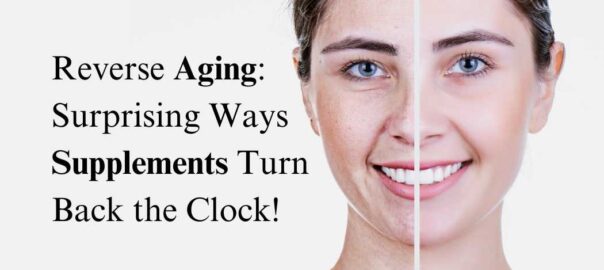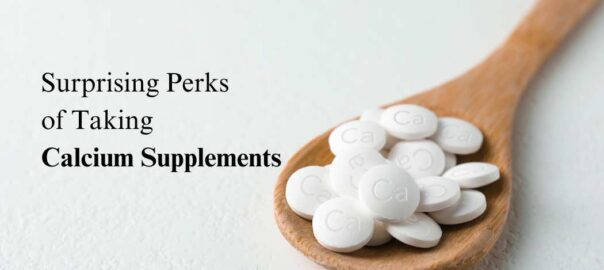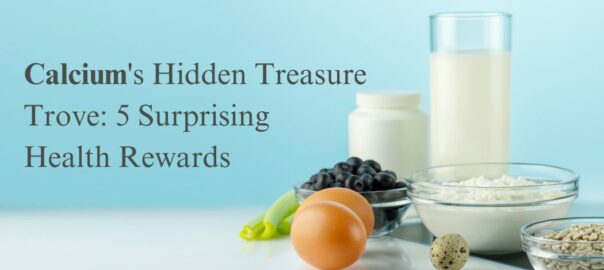
Introduction
In today’s fast-paced world, mental performance is crucial for success. Whether you’re a student striving for academic excellence, a professional aiming for career advancement, or simply someone who wants to stay sharp and focused, optimizing your cognitive function is key. However, amidst the myriad of supplements and strategies claiming to enhance brain health, one natural solution stands out: Omega-3 fatty acids.
Unlocking the Potential of Omega-3
Omega-3 fatty acids are essential nutrients that play a fundamental role in brain function and development. With a wealth of scientific research backing its benefits, Omega-3 has emerged as nature’s own brain booster, offering a myriad of advantages for cognitive health and mental performance.
The Science Behind Omega-3
Understanding Omega-3 Fatty Acids
Omega-3 fatty acids are a type of polyunsaturated fat that are crucial for brain health. The three main types of Omega-3s are ALA (alpha-linolenic acid), EPA (eicosapentaenoic acid), and DHA (docosahexaenoic acid). While ALA is primarily found in plant sources like flaxseeds and walnuts, EPA and DHA are predominantly found in fatty fish such as salmon, mackerel, and sardines.
Brain Benefits of Omega-3
Numerous studies have highlighted the cognitive benefits of Omega-3 fatty acids. EPA and DHA, in particular, have been shown to support brain function in various ways:
- Improved Memory: Omega-3s have been linked to enhanced memory and learning capabilities, making them essential for students and professionals alike.
- Sharper Focus: By promoting optimal neurotransmitter function, Omega-3s help improve focus and concentration, allowing individuals to stay on top of their tasks with clarity and efficiency.
- Mood Regulation: Omega-3s play a crucial role in regulating mood and emotional well-being. Research suggests that they may help alleviate symptoms of depression and anxiety, promoting mental resilience and stability.
Incorporating Omega-3 into Your Lifestyle
Dietary Sources of Omega-3
One of the most effective ways to boost your Omega-3 intake is through dietary sources. Including fatty fish, flaxseeds, chia seeds, and walnuts in your meals can help ensure that you’re getting an adequate supply of these essential fatty acids.
Supplementation
For those who may struggle to consume enough Omega-3s through diet alone, supplementation can be a convenient option. Omega-3 supplements are available in various forms, including fish oil capsules and algae-based supplements, providing a concentrated dose of EPA and DHA.
Conclusion: Embracing the Power of Omega-3
As we navigate through the demands of modern life, prioritizing our cognitive health is paramount. Omega-3 fatty acids offer a natural and scientifically-backed solution for enhancing mental performance and optimizing brain function. By incorporating Omega-3-rich foods into our diet or supplementing with high-quality products, we can unlock our full cognitive potential and thrive in every aspect of life.
Remember, investing in your brain health today is an investment in your future success and well-being. So why wait? Harness the power of Omega-3 and embark on a journey towards peak mental performance.
“The mind is not a vessel to be filled, but a fire to be kindled.” – Plutarch
FAQ’s
Omega-3 fatty acids are essential nutrients that play a crucial role in brain function and development. They are particularly important for maintaining cognitive function, memory, and mood regulation.
Fatty fish such as salmon, mackerel, and sardines are excellent sources of EPA and DHA, two types of Omega-3s crucial for brain health. Plant-based sources like flaxseeds, chia seeds, and walnuts also contain ALA, another form of Omega-3.
The recommended daily intake of Omega-3 fatty acids varies depending on age, gender, and individual health status. However, most health organizations suggest consuming at least two servings of fatty fish per week or supplementing with Omega-3 capsules if dietary intake is insufficient.
Yes, numerous studies have shown that Omega-3 supplements, particularly those high in EPA and DHA, can enhance cognitive function, improve memory, and support overall brain health. However, results may vary depending on individual factors and dosage.
While Omega-3 supplements are generally safe for most people, some individuals may experience minor side effects such as digestive discomfort or fishy aftertaste. It’s essential to consult with a healthcare professional before starting any new supplement regimen, especially if you have underlying health conditions or are taking medications.








